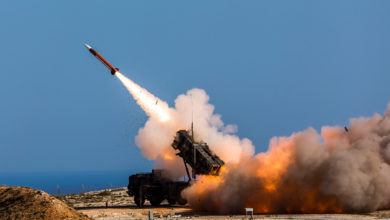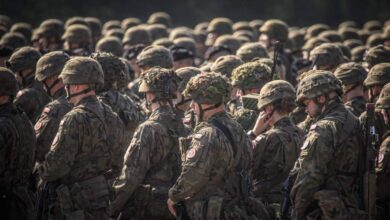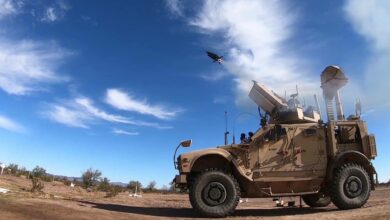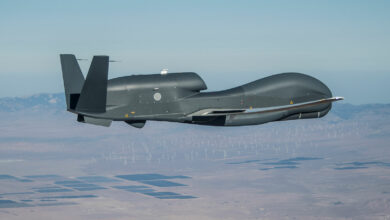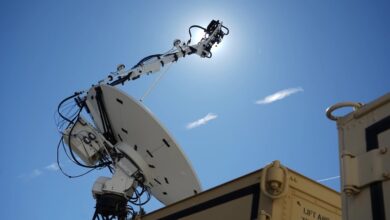General Atomics Aeronautical Systems has conducted the full-scale fatigue testing of an MQ-9B aerial drone in Kansas to support NATO’s unmanned system standards.
The milestone validated the remotely piloted system’s capability at its “first-lifetime” stage, a timeline equivalent to the platform’s initial 40,000 operating hours.
This routine assessment was established as part of NATO’s STANAG 4671 certification, which requires allied drones to be trialed for three lifetimes to prove their operability when deployed in other members’ airspace.

During the process, experts simulated the MQ-9B’s design service by applying “repeated structural loading” onto the aircraft.
This process picks up potential issues throughout the drone structure before fleet deployment.
Data collected through the application is also used for future inspection, maintenance schedules, additional certification, and in-service checkups.
The trial was held with Wichita State University’s National Institute for Aviation Research.
Three Lifetime Tests
General Atomics wrote that two of the three lifetime fatigue demonstrations would evaluate the drone under normal conditions.
The third examination will intentionally damage the airframe’s vital components to ensure the system’s resistance to operational attrition.
“Full-scale fatigue testing is an integral part of validating the airframe design and a key input to the certification of the airframe prior to going into service,” General Atomics MQ-9B Europe VP Chris Dusseault stated.
“The completion of the fatigue test builds confidence for our MQ-9B customers that the SkyGuardian/SeaGuardian airframe meets the stringent design rigor and is a mature system at Entry into Service.”




